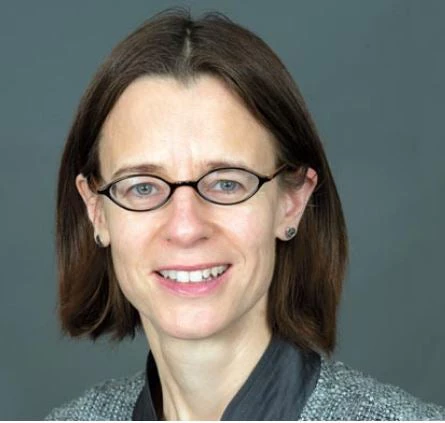Africa's Infrastructure: A Time for Transformation
Yesterday in New York I attended a discussion on infrastructure in Africa. As co-author of the Africa Infrastructure Country Diagnostic, I've been talking with people for years about the importance of reliable infrastructure for economic and social activity in Africa. Today we're talking about how infrastructure can help achieve the Millennium Development Goals (MDGs).
The core of the MDGs is poverty reduction and improved human development, but how can those goals be met without basic infrastructure to create economic opportunities and support public service delivery? This is a critical question when you think about the facts that 30 Sub-Saharan countries have a power supply crisis, their road freight moves as fast as a horse-drawn cart, and less than 5 percent of agricultural land is irrigated. Although Africa’s infrastructure needs may look daunting, countries like China have shown that it is possible to deliver on the requisite scale.
During yesterday's discussion a few of us from the World Bank joined the President of Senegal Abdoulaye Wade, Jean Ping, Chair Person of the African Union Commission, Donald Kaberuka, President of the African Development Bank, Jeffrey Sachs, Special Adviser to the UN Secretary General, and other distinguished panelists for a realistic discussion about Africa’s infrastructure deficit and how to address it.
Africa has seen real progress with mobile phones and fiber optic infrastructure. Obiageli Ezekwesili – the World Bank’s Vice-President for Africa – said “People tend to think that the private sector just came in and made the mobile phone revolution happen, but it was not as simple as that. Huge policy effort was needed to create the right legislative, regulatory and institutional environment for this to happen.”
This is about more than raising money. Policy makers need to create the right enabling environment and start tackling the inefficiencies that waste an estimated US$17 billion annually. Because private investors are not attracted to bankrupt utilities and precious aid resources should not be bogged down in antique public procurement processes, policy reforms and funding should be coupled with modernized, cross-border integration to really make a difference.
We agreed that business as usual is not good enough. Over the past five years, the international community has stepped-up efforts on Africa’s infrastructure but more needs to be done. We need to do things differently, think 21st century, set ambitious targets, and rally the international community around a global effort to transform Africa’s infrastructure. And it will require all of us -- public, private, national, regional, and international players. The 2009 report Africa's Infrastructure: A Time for Transformation outlines how we can work together.
During the discussion Jeff Sachs said “Infrastructure is today the paramount issue for Africa’s economic growth and development. If you look at just about any of the MDGs, you will find that infrastructure is the fundamental need and the binding constraint."
He said "I feel that we are on the brink of a real breakthrough on Africa’s infrastructure, with all the key ingredients beginning to crystallize. Policy makers are taking reform seriously, the private sector has demonstrated in the ICT arena what it can do when the policy framework is right, China is bringing a major new source of finance to the table, the international financial institutions have been scaling-up support as never before."
"But, he said, "we all need to follow through to make sure that breakthrough really happens. The UN Secretary General pledges his full support to this agenda.”
At the end of the discussion participants called for a concrete action plan to capitalize on the momentum generated by the event. The African Union will convene an Investor Forum during 2011 to bring policy makers and private investors together around a concrete set of project deals. Together we have a real opportunity to transform infrastructure in Africa, unleash the enormous growth potential of the continent, and accelerate progress on the MDGs.


Join the Conversation